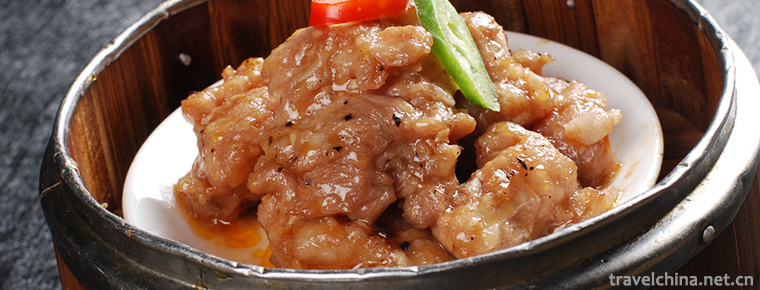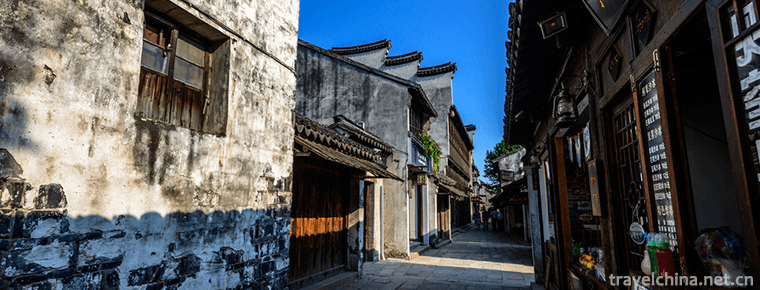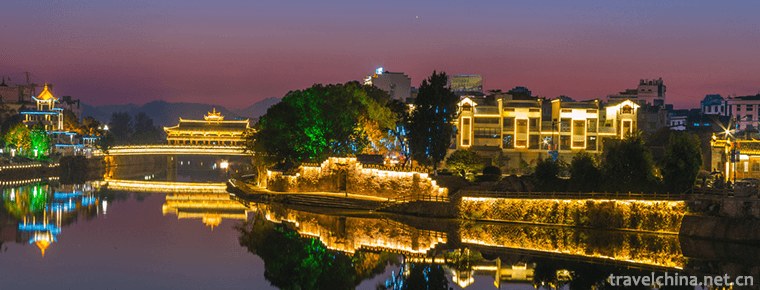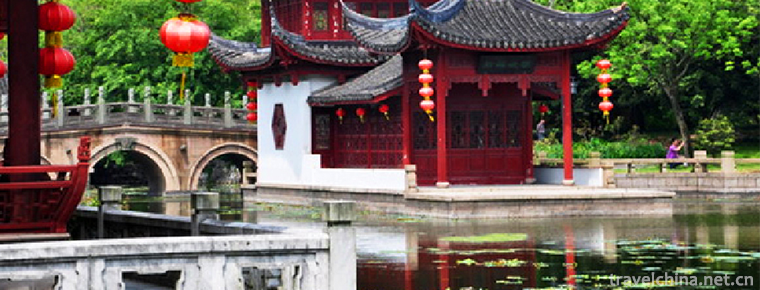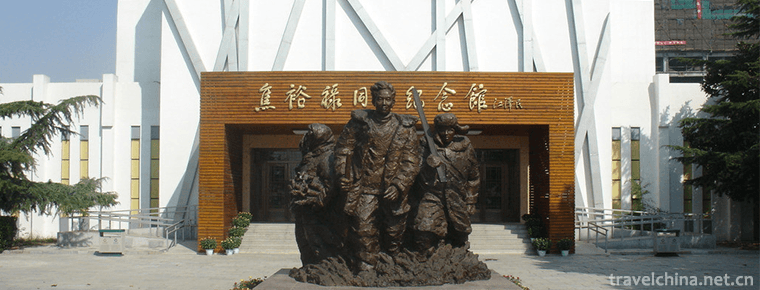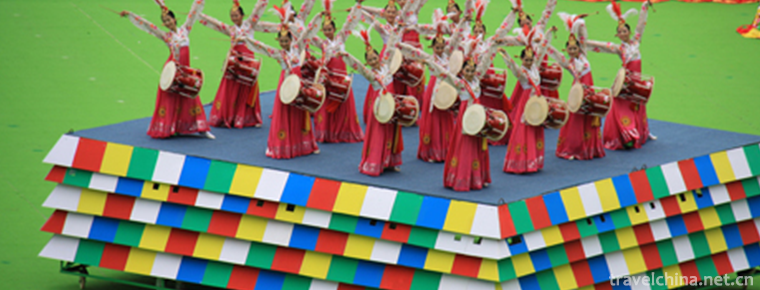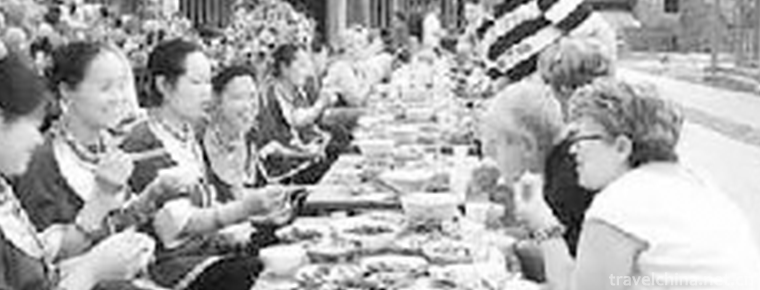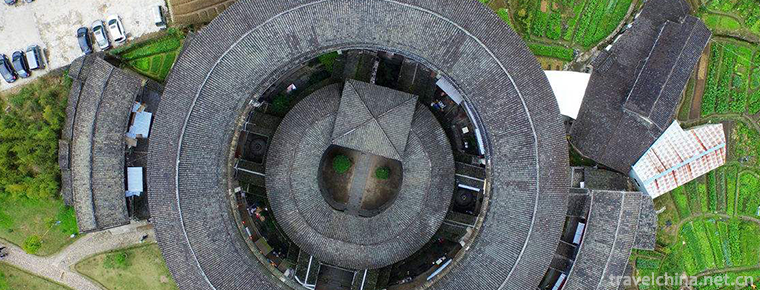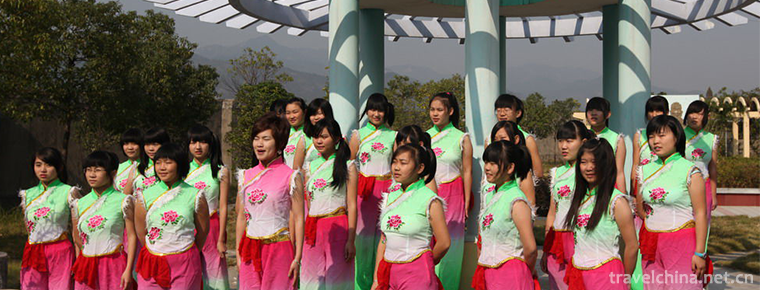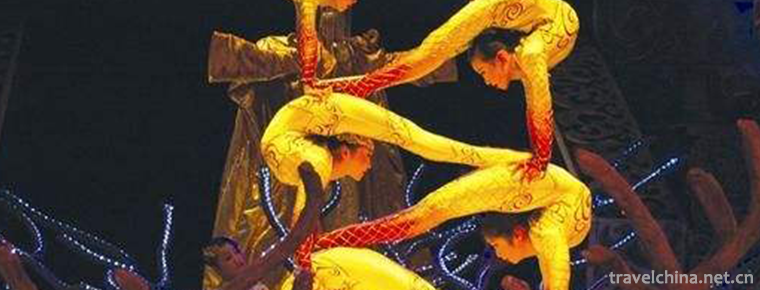Beijing University Of Technology
Beijing University Of Technology
Founded in 1960, Beijing University of Technology is a multi-disciplinary municipal key university with a combination of engineering, science, economics, management, literature, law, art and education. In 1981, it became the first batch of master's degree awarding units approved by the Ministry of Education, and in 1985, it became a doctoral degree awarding unit. In 1996, it passed the preliminary examination of the "211 Project" of the state and formally entered the ranks of 100 universities which are the key construction projects of the country in the 21st century. In September 2017, the school formally entered the ranks of national first-class discipline construction universities.
The school is located at No. 100 Pingyuan Park, Chaoyang District, Beijing. It is located on the east of South Fourth Ring Road, west of Dawang Road, south of Shuanglong Road and north of Wangping Paradise Park. There are 6 campuses in Zhonglan, Guanzhuang, Garden Village, Liulijing, Huixin East Street and Tongzhou, covering an area of 961,510 square meters.
The school currently has 27 secondary teaching and research institutions, including the Ministry of Informatics, the Ministry of Urban Construction (formed by four secondary teaching and research institutions, namely, the College of Architectural Engineering, the College of Environment and Energy Engineering, the College of Architecture and Urban Planning and the College of Urban Transportation), the Ministry of Grammar, the Department of Materials and Manufacturing (formed by the College of Materials Science and Engineering, the College of Urban Transportation, etc.). The Institute of Solid Microstructure and Properties, the Institute of Mechanical Engineering and Applied Electronics Technology, the Institute of Laser Engineering and the Beijing Guyue New Material Research Institute were established as five secondary teaching and scientific research institutions, the College of Applied Mathematics and Science, the College of Economics and Management, the College of Life Science and Bioengineering, the College of Art Design and the College of Continuing Education. Ministry of Physical Education, Marxist College, International College, Beijing-Dublin International College, Fangongzhong Honorary College, Innovation and Entrepreneurship College, Beijing Smart City Research Institute, Beijing Future Network Science and Technology High-end Innovation Center, Beijing-Tianjin-Hebei Green Development Research Institute, Beijing Institute of Science and Computing Engineering, Beijing Artificial Intelligence Institute of Energy Research.
At present, it covers 8 disciplines such as engineering, science, economics, management, literature, law, art, education, etc. It has 3 national key disciplines, 21 Beijing key disciplines and 18 Beijing key construction disciplines, 20 doctoral degree authorization points for first-level disciplines and 33 master degree authorization points for first-level disciplines. It has 18 post-doctoral mobile stations and 11 categories of professional degree granting rights, including Master of Engineering, Business Administration, Architecture, Urban Planning, Applied Statistics, Social Work, Education, Art, Public Administration, Finance and Law. Among them, Master of Engineering includes 17 training fields; 64 undergraduate majors (2 of them are Beijing). First-class specialty in municipal colleges and universities. Seven disciplines ranked in the top 500 of the QS World University Rank in 2019, and the Chinese Mainland University ranked 33rd in the QS World University Rank in 2019. Chemistry, materials science, engineering, environment and ecology entered the top 1% of the ESI.
The school has two national engineering laboratories, three "111 Plan" intellectual base, one national production, teaching and research center, one international cooperation research center, two engineering research centers of the Ministry of Education, five key laboratories of the Ministry of Education, one strategic research center of the Ministry of Education, one national key laboratory cultivation base jointly built by provinces and ministries, and one Beijing. There are 45 scientific research bases and 4 key industrial laboratories.
Among the 3201 faculty members, there are 1916 full-time teachers, including 393 full-time and 699 Deputy professional titles, 346 doctoral supervisors, 1171 master's supervisors and 88 foreign teachers; 45 experts enjoying special government allowances, 1 academician of science, 9 academicians of engineering, 13 winners of the National Outstanding Youth Fund, and 88 foreign teachers. Six persons were selected for the special support plan for talents at different levels (referred to as the "ten thousand people plan"), twelve for the national level of one million talents project and sixteen for the National Natural Science Foundation for Excellent Youth Science Foundation.
Among the 24 442 students, there are 7450 full-time graduate students (1275 doctoral students and 6175 master students), 677 part-time graduate students, 14050 ordinary graduate students, 1847 adult education graduate students and 418 non-planned enrollment graduate students. There are 1072 overseas students.
Over the past 59 years since its establishment, the school has gradually developed into an important base for training high-quality innovative talents and an indispensable think tank for promoting regional socio-economic development, adhering to the motto of "Keeping in mind the mission of the university, adhering to the ideal of the university, facing the future with innovation and seizing opportunities with reform". More than 160,000 graduates are playing a key role on all fronts of society.
New ideas lead a new journey, and the new era calls for new deeds. Under the guidance of Xi Jinping's socialist ideology with Chinese characteristics in the new era, Beijing University of Technology will further study, publicize and implement the spirit of the Nineteenth National Congress of the Party and the spirit of the National Education Conference. Under the strong leadership of the Beijing Municipal Committee and the municipal government, it will adhere to the school-running policy of "basing itself on Beijing, serving Beijing, radiating the whole country and facing the world". With the development strategy of "connotation, characteristics and differentiation", facing the great needs of the country and Beijing, we should accelerate the construction of "double-first-class", strive unremittingly for the construction of internationally renowned, distinctive and high-level research universities, the realization of the goal of "two hundred years" and the realization of the Chinese dream of the great rejuvenation of the Chinese nation.


-
Black bean steamed pork ribs
Steamed pork ribs with lobster sauce is a traditional dish with color, aroma and taste. It belongs to Guangdong cuisine department. Cut the chopped pork ribs and add the marinade.
Views: 247 Time 2018-11-02 -
Nanxun ancient town Scenic Area
Nanxun Ancient Town is located in Nanxun District of Huzhou City, at the junction of Jiangsu, Zhejiang and Shanghai provinces. .
Views: 221 Time 2018-12-07 -
Taining Scenic Tourist Area
Taining Scenic Spot: World Geopark, National AAAAA Class Tourist Spot, National Key Scenic Spot, National Forest Park, National Geopark, National Key Cultural Relics Protection Unit.
Views: 182 Time 2018-12-08 -
The Grand View Garden Area of Shanghai
Shanghai Grand View Garden is located at 701 Qingshang Highway, Qingpu District, Shanghai. It is situated on the west side of Dianshan Lake, 65 kilometers away from downtown Shanghai..
Views: 150 Time 2018-12-19 -
Jiao Yulu Memorial Park
Jiao Yulu Memorial Park (formerly Jiao Yulu Martyrs Cemetery) was built in February 1966. It is located on the old embankment of the Yellow River in the north of Lankao County, Kaifeng City.
Views: 153 Time 2019-01-22 -
Korean Chief Inspiration
Long drum dance, also known as "stick drum dance", is a dance often danced by Chinese Korean people for self-entertainment and entertainment. Long drums have two sides.
Views: 138 Time 2019-04-16 -
Dong medicine
Dong medicine is a bright pearl in the treasure house of Chinese medicine. The Dong people living in mountainous areas for generations have accumulated experience in treating various diseases and form.
Views: 88 Time 2019-04-27 -
Construction Techniques of Hakka Tulou
Hakka Tulou building construction technology, Fujian Longyan City Nanjing County, Huaan County local traditional building construction technology, one of the national intangible cultural heritage..
Views: 139 Time 2019-05-09 -
Tongcheng Song
Tongcheng Song is a kind of local folk song originating from Tongcheng, Anhui Province. It is a kind of local folk literature in the form of rhyme created by the local working people collectively. At .
Views: 188 Time 2019-06-21 -
Wuhan acrobatics
In the 20 years of Qingdaoguang (1840), folk acrobats from Tianmen, Wuyang and other places in Hubei came to Wuhan to perform, and then gradually formed a class club to enter the stage. Folk artists s.
Views: 154 Time 2019-06-30 -
History of Luzhou
Luzhou was named "Lushui theory" and was called Jiangyang in ancient times. During the reign of Liang Datong in the Southern Dynasty (535-546 A.D.), Luzhou was set up to lead the Yangjun county. Jiangyang County: Jiangyang county (governing today's Jiangyang District),.
Views: 357 Time 2020-12-14 -
Leshan water resources
There are many rivers in Leshan City, including Minjiang River, Dadu River, Qingyi River and many small and medium-sized rivers. It is a water rich area with an average annual water production of 11.37 billion cubic meters. With 74.14 billion cubic meters .
Views: 55 Time 2020-12-17
